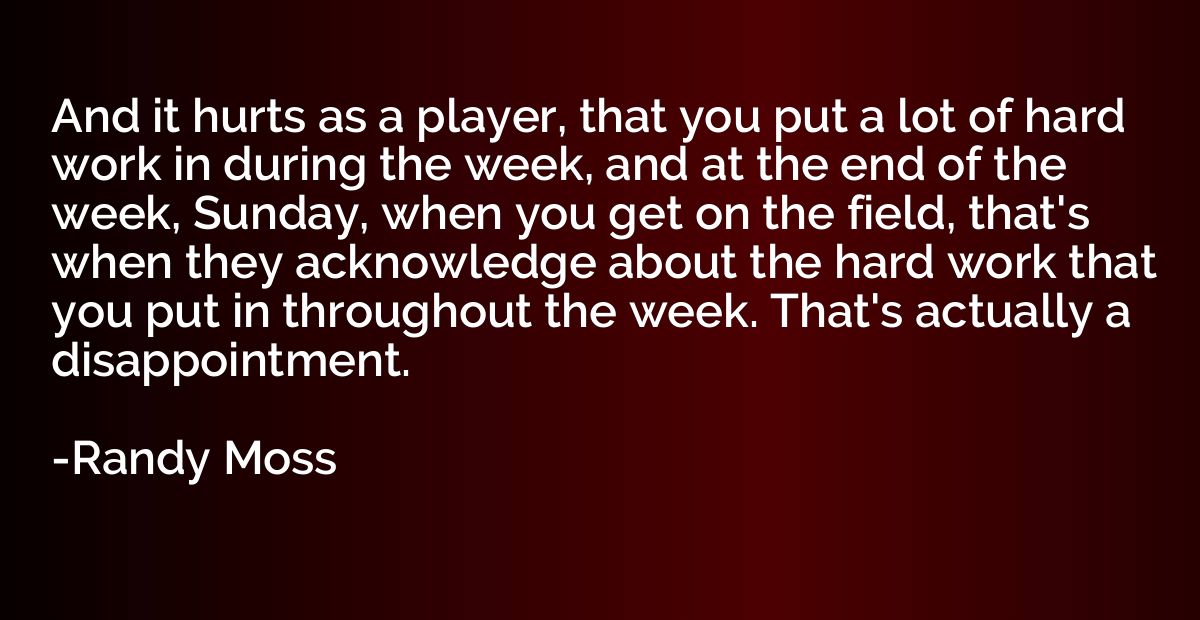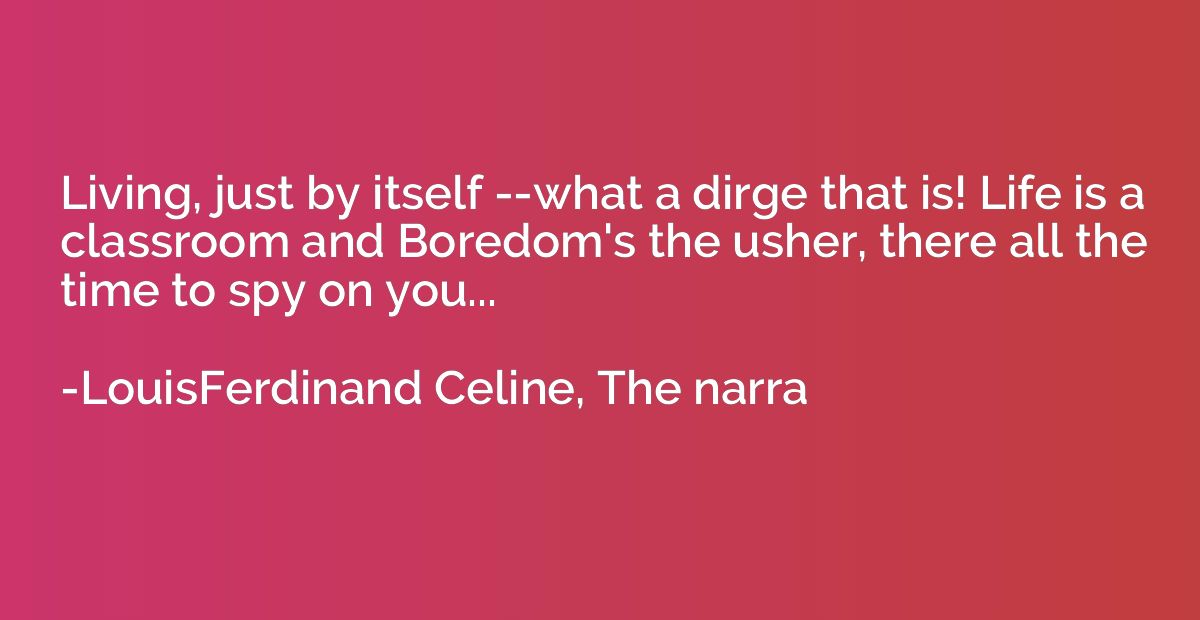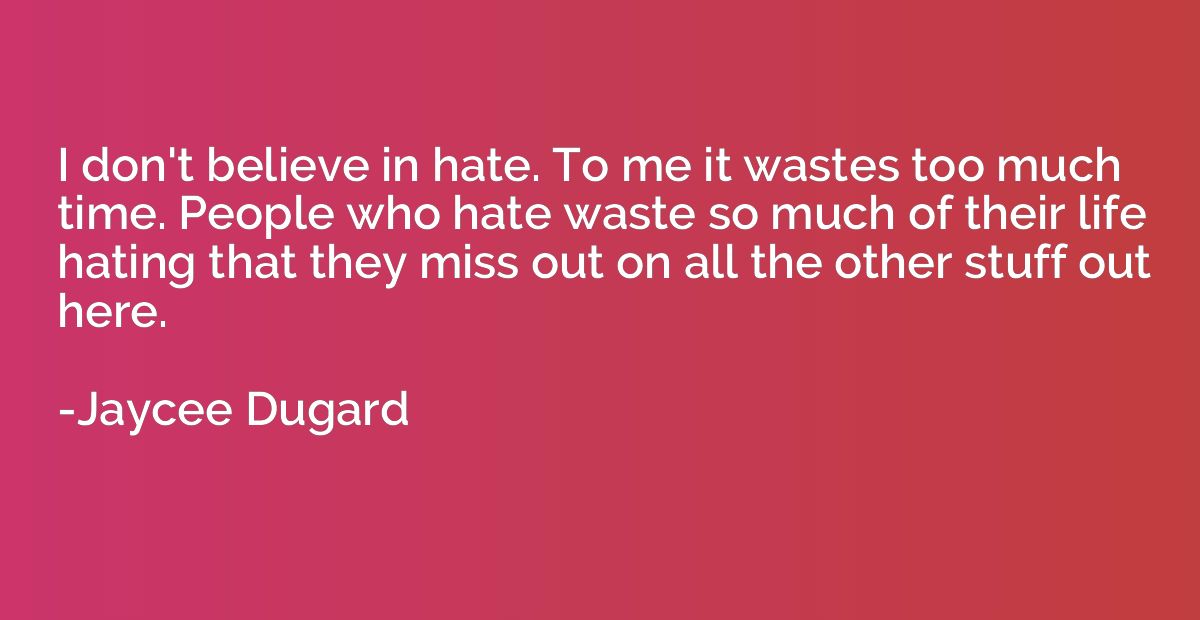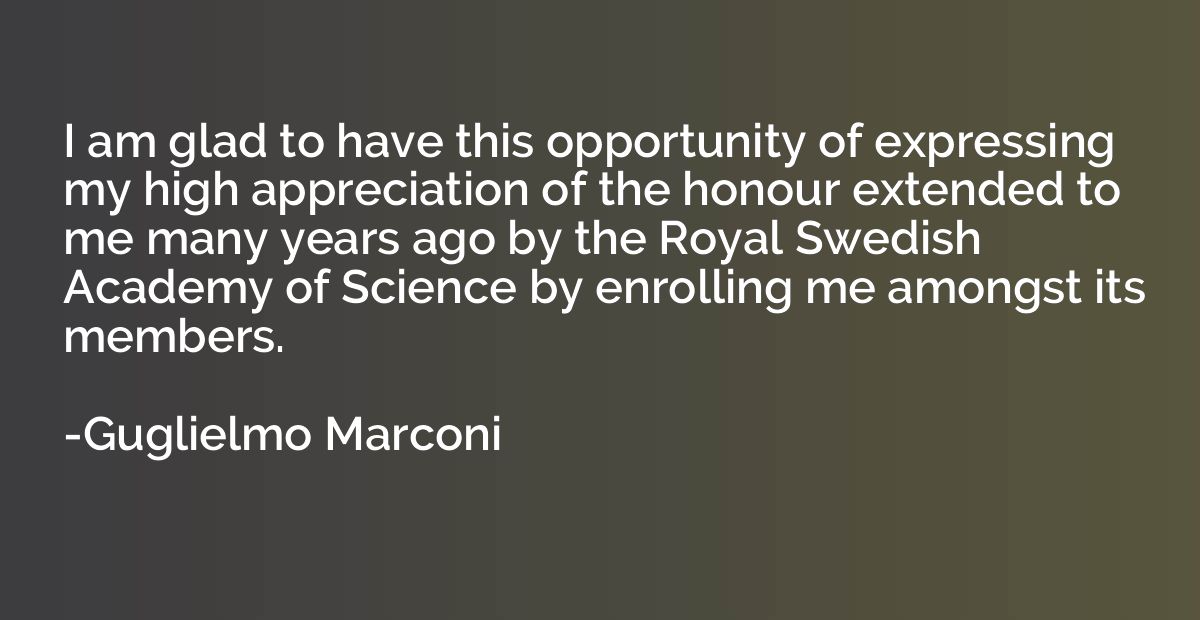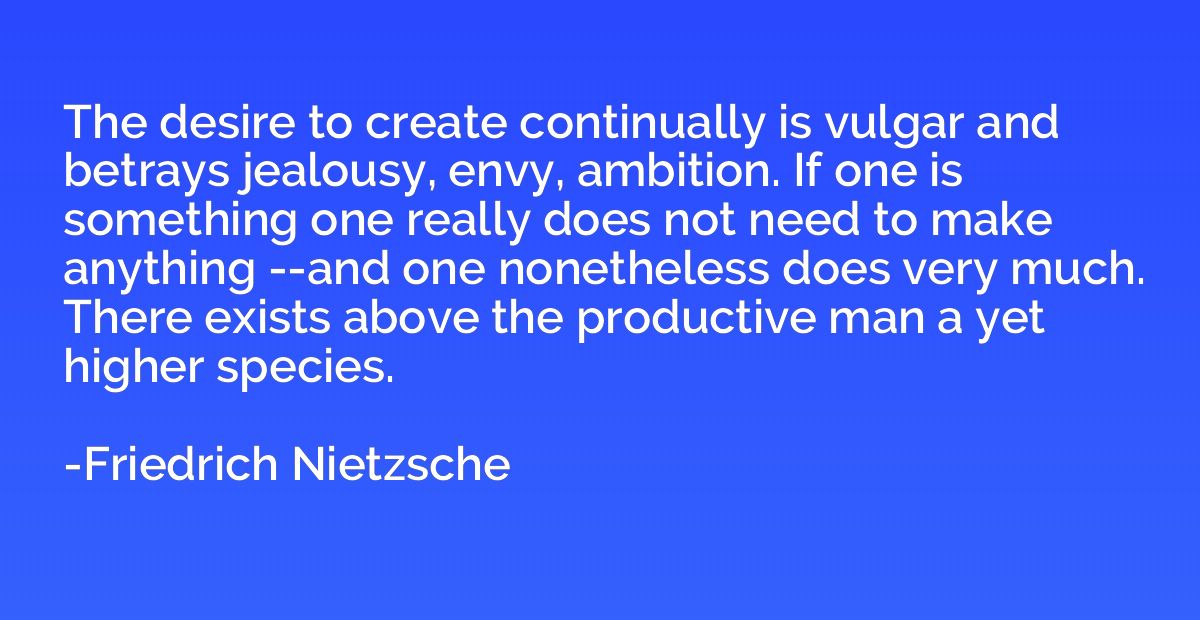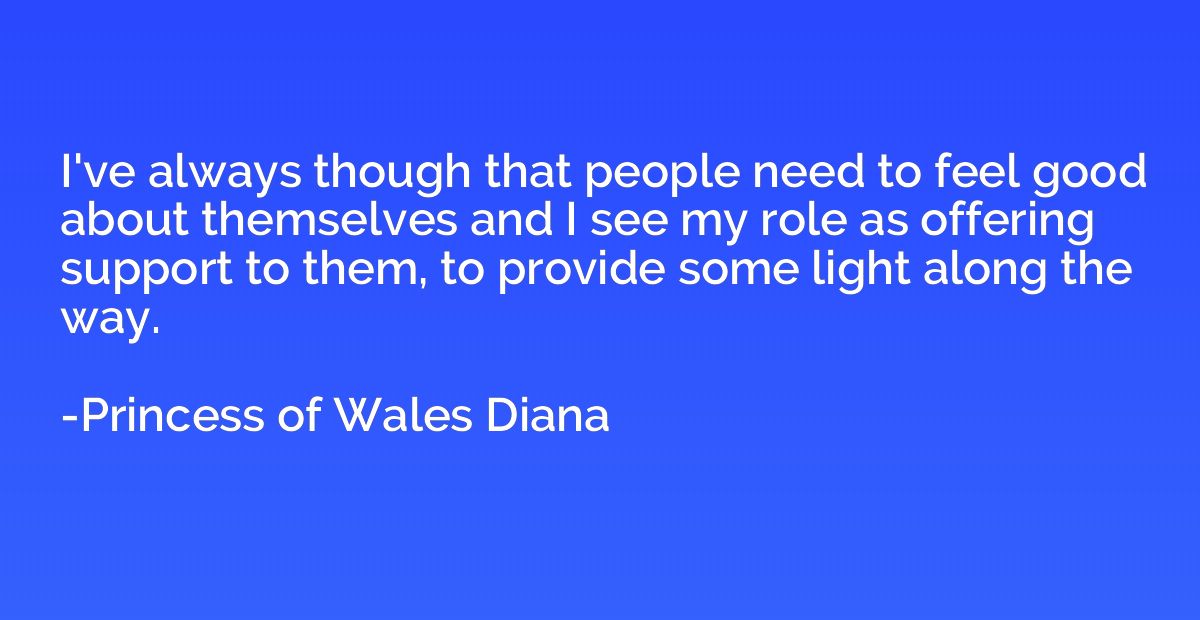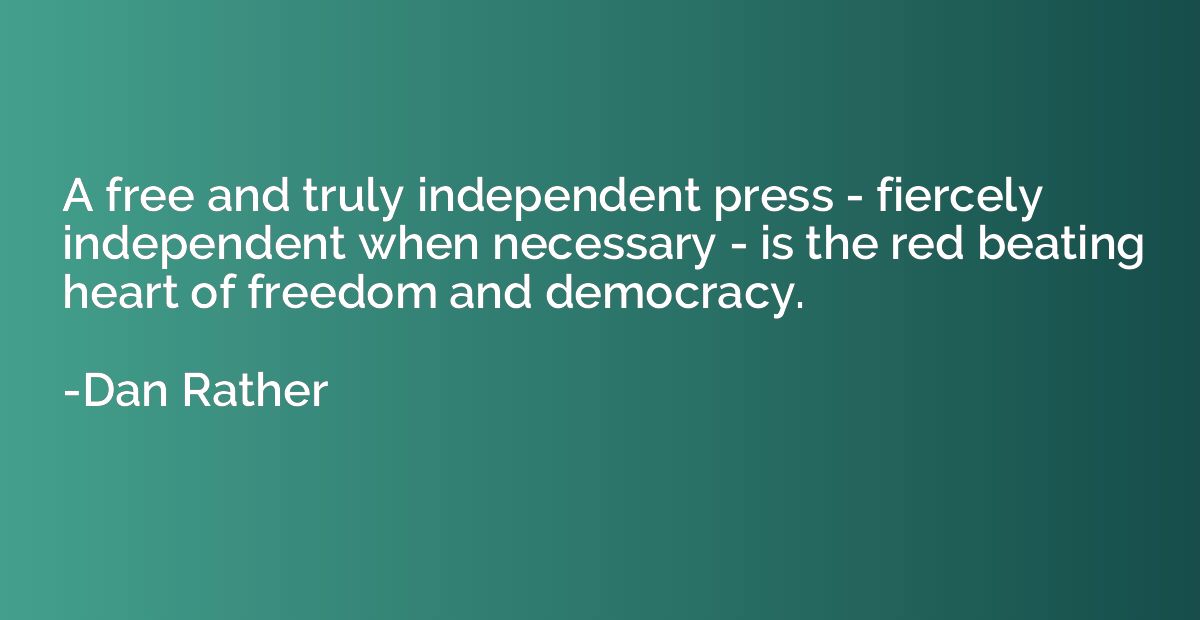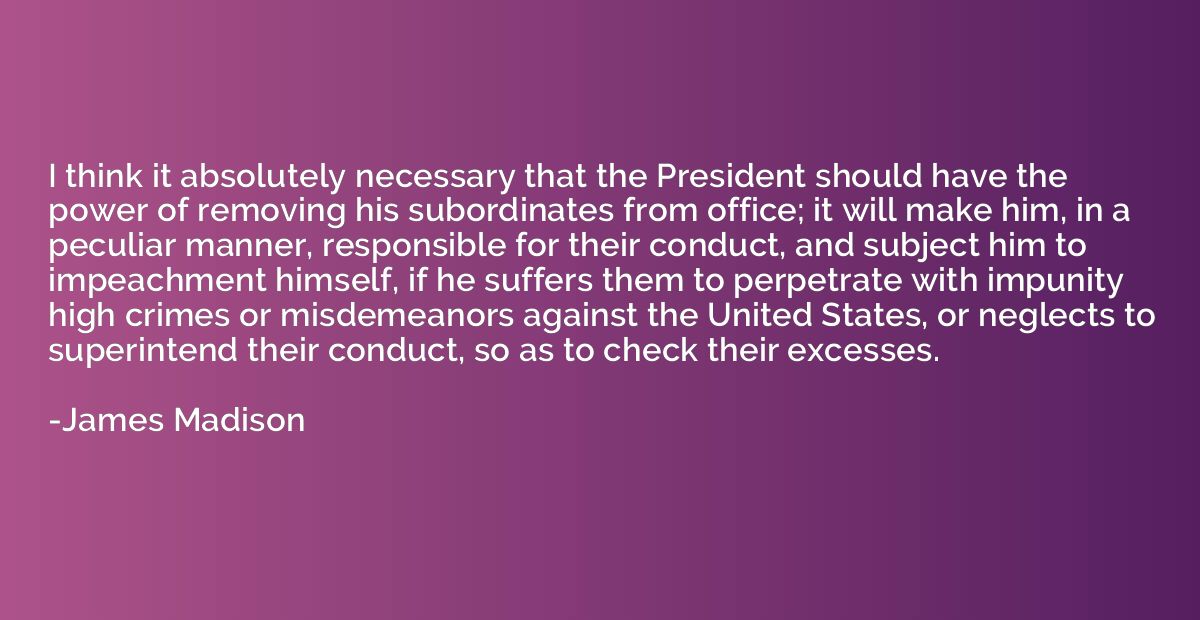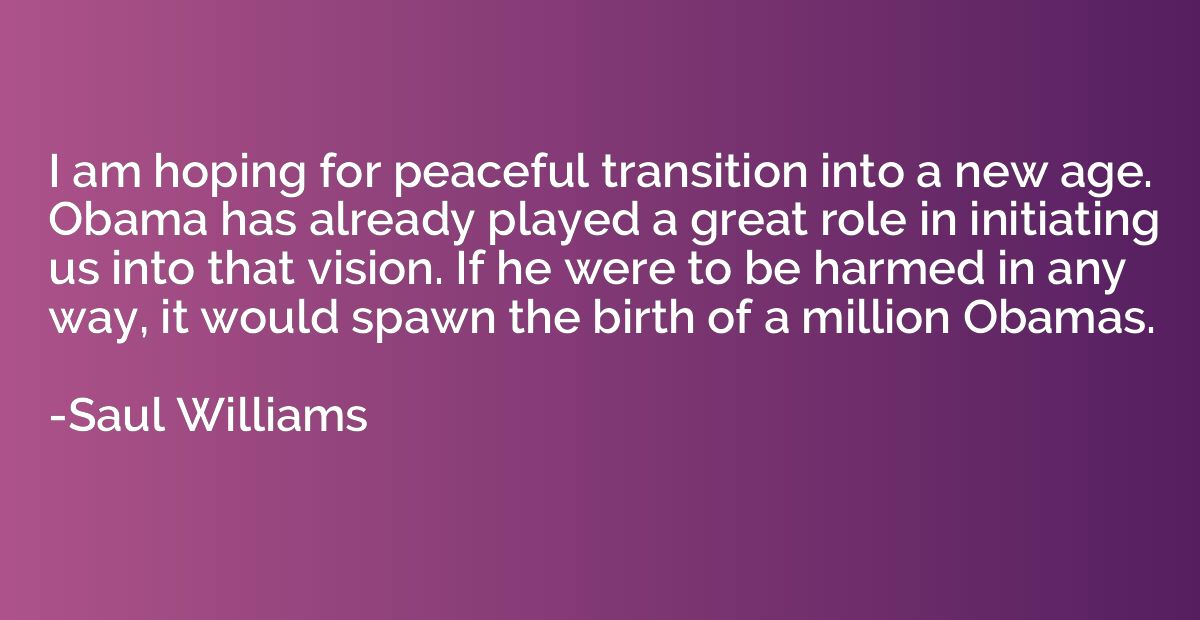Quote by Ludwig Wittgenstein
For a large class of cases -- though not for all -- in which we employ the word meaning it can be defined thus: the meaning of a word is its use in the language.
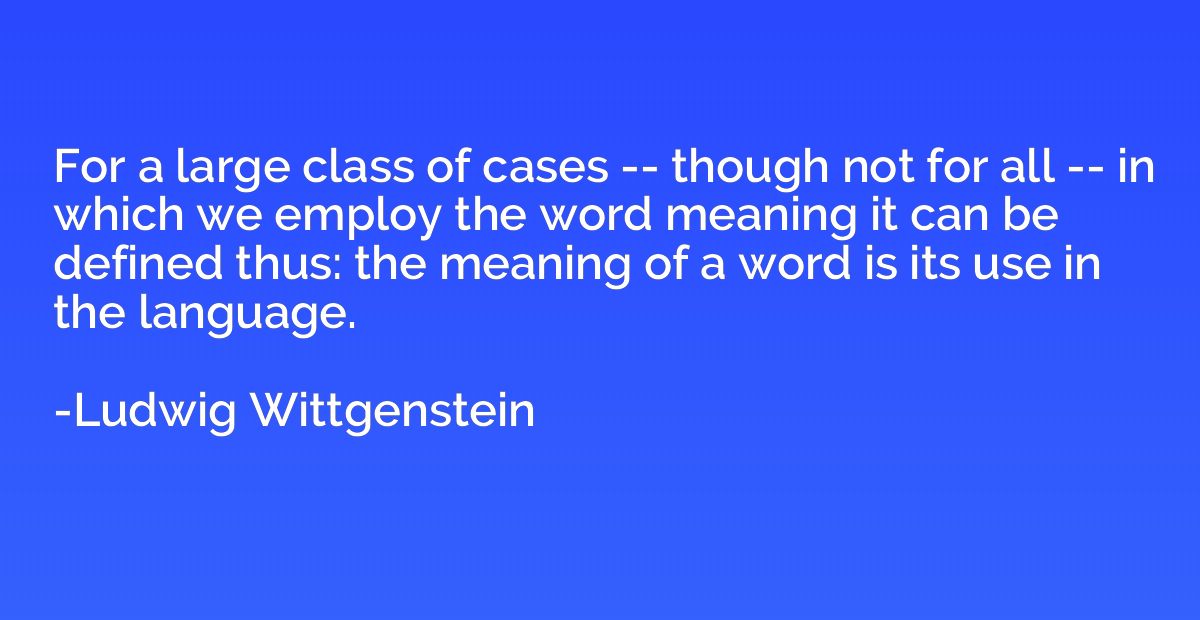
Summary
This quote, often attributed to philosopher Ludwig Wittgenstein, suggests that the meaning of a word is derived from how it is actually used in a language. It implies that understanding the meaning of a word is not solely dependent on its definition but also on how people employ it in everyday communication. However, the quote acknowledges that this might not be the case for every instance, acknowledging that there are exceptions to this generalization.



